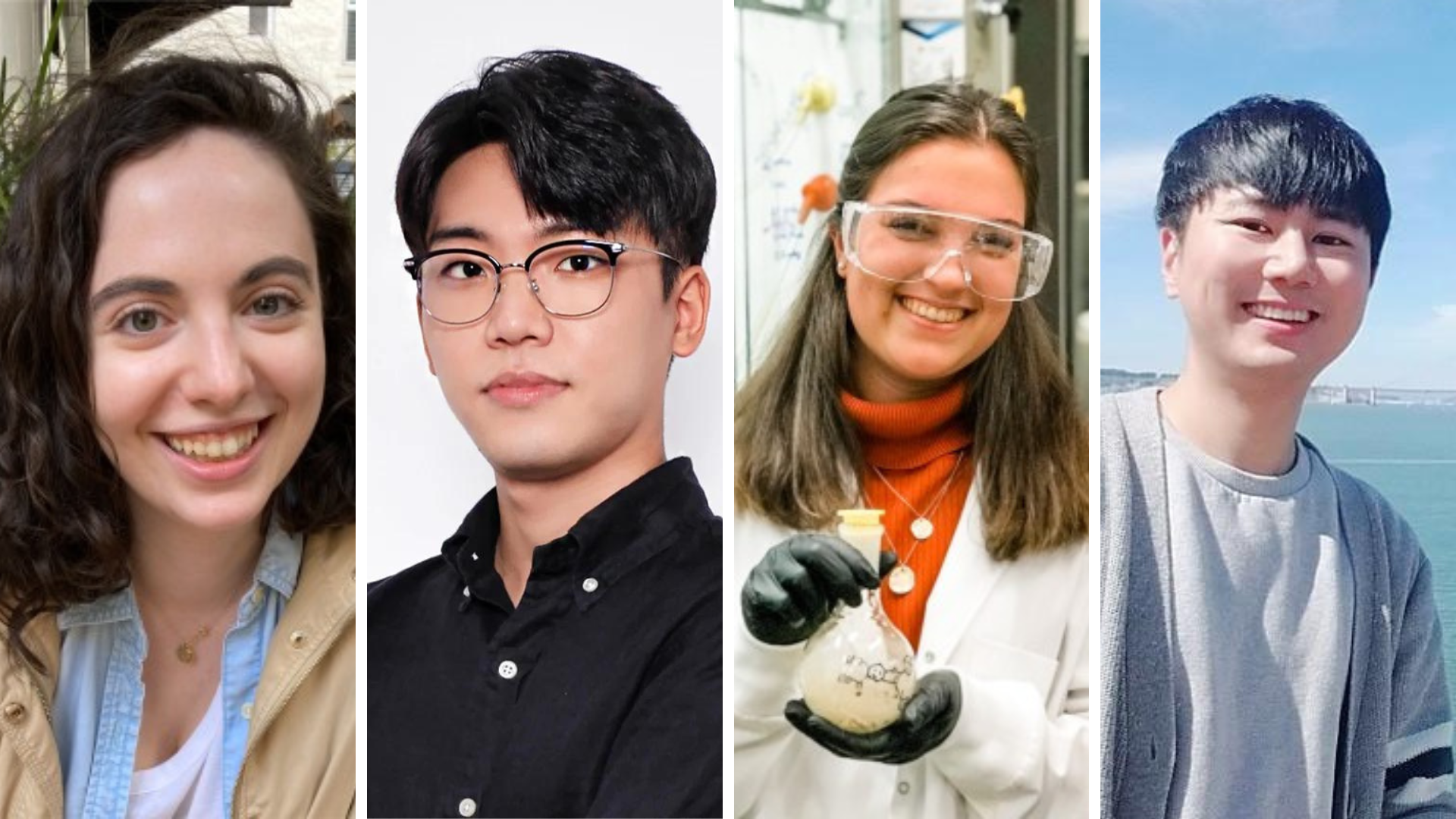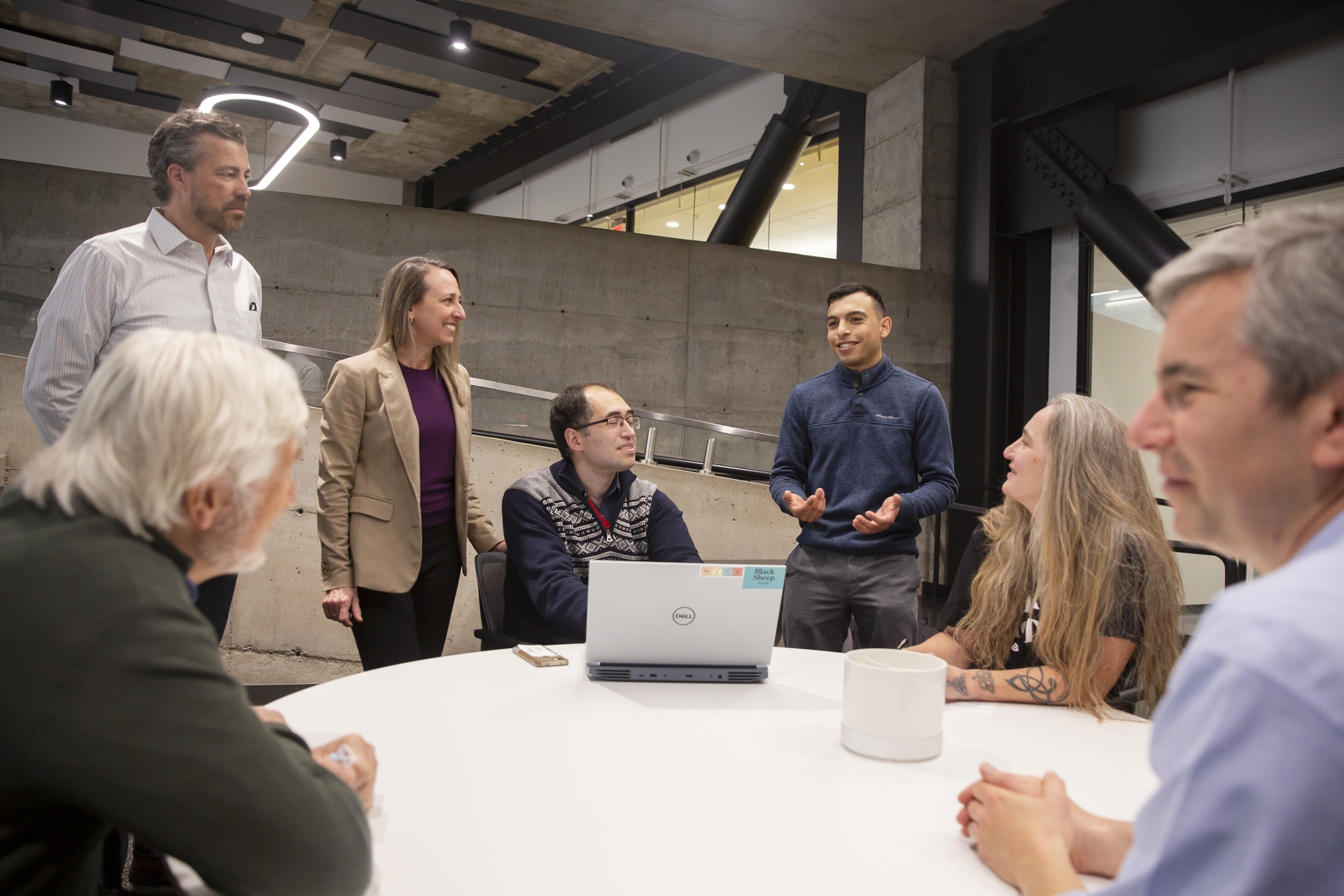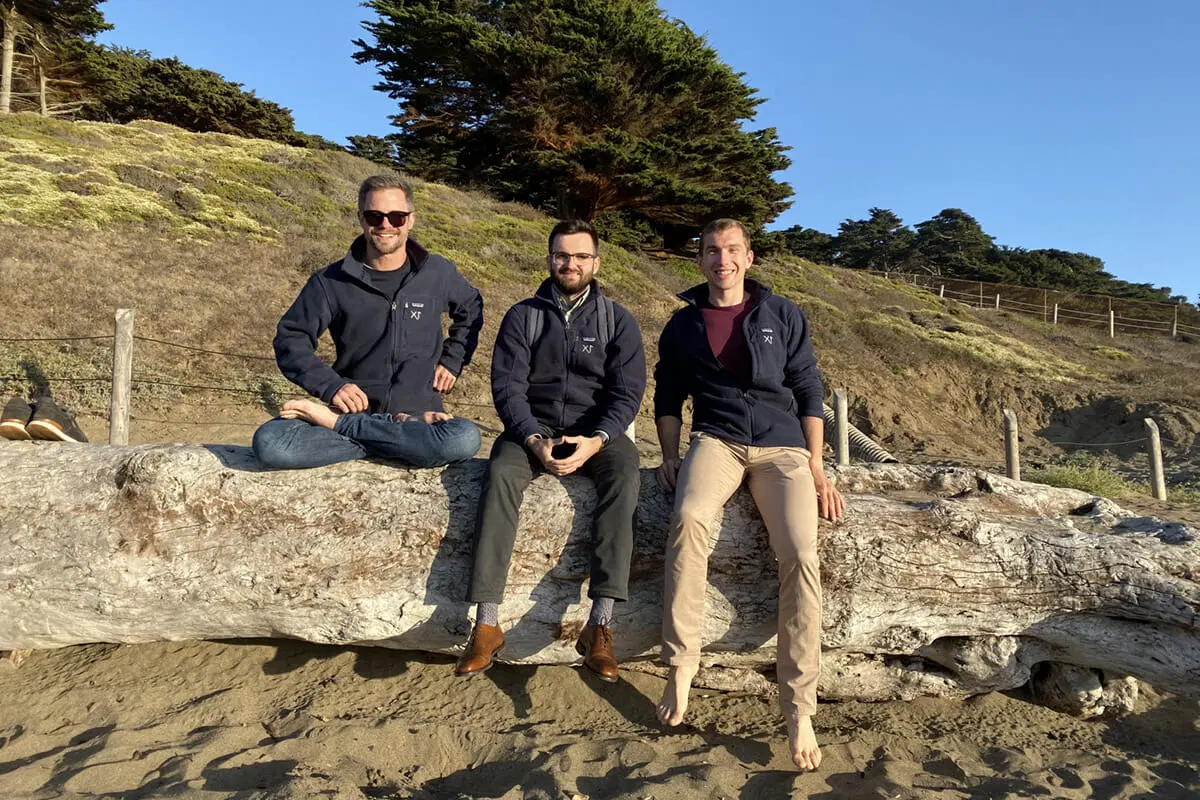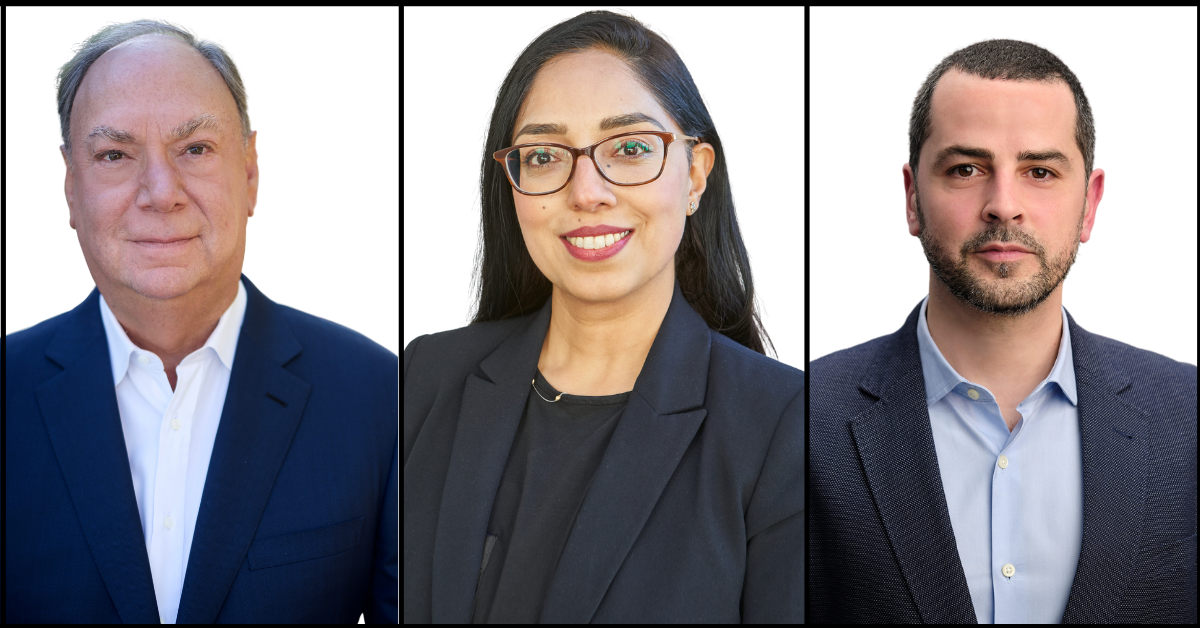The Pursuit of a Diagnosed World: John Waldeisen’s Success Story
By: Sana Parija, Iris Hsu, and Niharika Jadeja
John Waldeisen, Ph.D., takes us through his journey from a kid who had no clear direction to a successful and established entrepreneur working to improve accessibility in healthcare.
“I didn’t even find my direction until I was 28 or 29…it takes some time.”
Be like a bumblebee and float around, eventually you will find something that is meaningful to you. At least, that’s what worked for John Waldeisen (Ph.D., Bioengineering at UC Berkeley). Now a co-founder of three companies, including Lucira Health, Dr. Waldeisen had a very familiar beginning to many students: a beginning consisting of uncertainty.
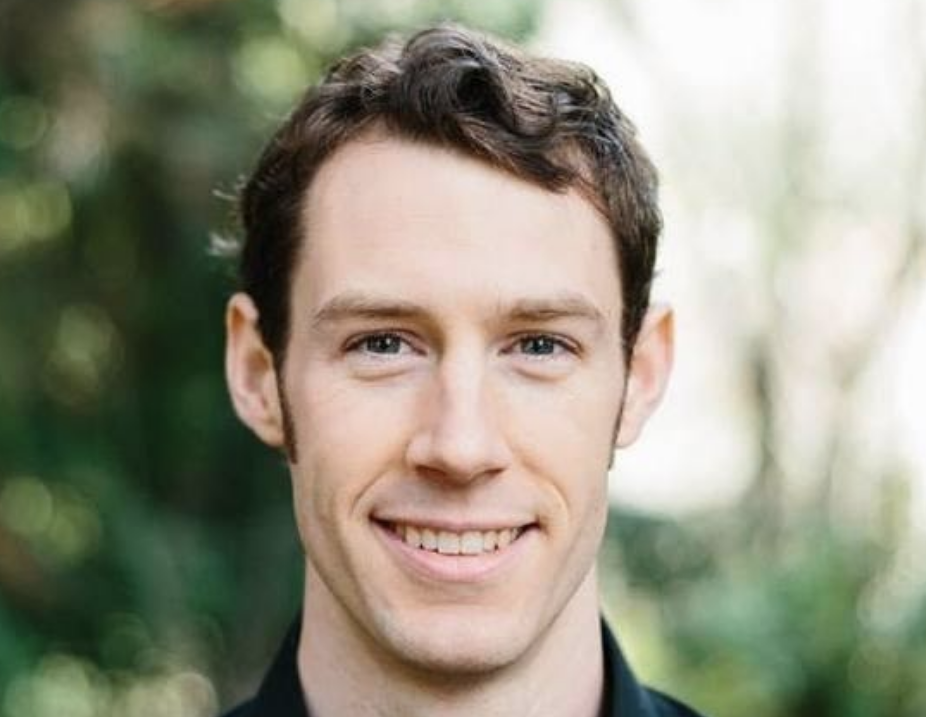
Growing up in rural Pennsylvania, there were not many resources for those interested in STEM. Following his parents’ advice, he enrolled in Penn State with a major in Engineering Science and Mechanics, figuring that it was broad enough to give him a lot of options, despite not really knowing what engineering was. But like a bumblebee, he floated around to different labs, eventually meeting a professor in microfluidics who took him under his wing and ignited his interest in bioengineering.
In UC Berkeley’s graduate program, he continued in microfluidics and met his soon-to-be co-founders, including Dr. Debkishore Mitra. While working on their PhDs, they engaged in the Center for Emerging and Neglected Diseases at Berkeley and audited an 8am immunopathology class at UCSF. These experiences opened their eyes to global health and provoked them to pursue this direction in their own research. They started focusing on infectious disease diagnostics in the lab and won two painstaking, yet game-changing grants. With this grant money in hand, they began developing ideas around different diagnostic tests for everything from dengue to HIV. Diagnosing diseases is a necessary step to ameliorating one’s health and there are many regions in the world that are unable to access necessary diagnostic tests. This formed the vision for Lucira Health: bettering global health in resource-limited settings.
With the idea for a company, an equally ambitious co-founder, and his father’s voice telling him to be his own boss echoing in his head, Dr. Waldeisen started his journey into entrepreneurship in 2013. However, the vision for the company was still a bit blurry. They had originally planned to work on at-home diagnostic tests for STDs, but found that this would be financially challenging due to expensive clinical trials and the lack of support from pharmaceutical companies that did not significantly benefit from increased antibiotic sales. Because of this, the first 18 months of Lucira Health was spent exploring; the team looked at different markets and business models, figuring out which diseases they wanted to work with. In that time, with the help of a loud thermocycler that was kept in Dr. Waldeisen’s apartment (they frantically drove to and from campus with the PCR reaction on ice), they developed an innovative technology that allowed them to perform isothermal PCR and see the results by eye. The best part was that before this, PCR had only been done in centralized labs, but the new technology was deployable, lending itself to at-home use and easy transportability. This technology took years to get out into the market with the hurdles of building a team, clinical trials, manufacturing, etc., and fortunately by the time it did, the market caught up to it. This would eventually be the foundation for the first at-home COVID-19 test cleared by the FDA.
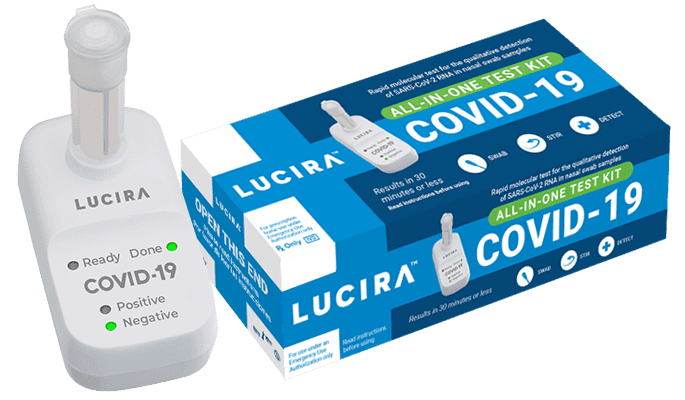
Lucira Health was only the first company Dr. Waldeisen co-founded. In fact, company building became another passion of his. In 2019, as somewhat of a complementary company to Lucira, he and another co-founder started Animalia Health with the idea to create a gut analysis test for pets using RNA sequencing. Less than a year after its creation, Animalia Health was acquired and Dr. Waldeisen did not waste any time. One year later, he co-founded LiteraSeed, his current start-up. Still in its infancy, LiteraSeed is working to create an app that allows users to send their symptoms over to their doctor using visual representations, removing potential language or literacy barriers. Just like his original vision back in grad school, Dr. Waldeisen continues to work on improving accessibility in healthcare.
Dr. Waldeisen credits much of his success to the people around him that kept him motivated. From the lab at Berkeley to his companies, the best part of his day is working with his team. In addition to his work, Dr. Waldeisen enjoys mentoring and sharing his knowledge about entrepreneurship.
“Pick a hard problem and stick to it… it’s going to be a challenge, but that’s what your 20s are for, right? When you’re part of something like that, you push yourself in so many different ways. If people had more challenging experiences that allowed them to build EQ and empathy, I think the world would be a better place.”
Dr. Waldeisen
